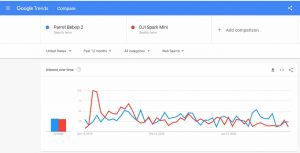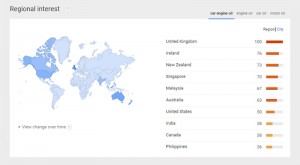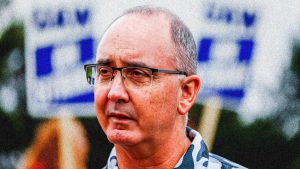As CEO of Pearson, Andy Bird presides over one of the world’s largest textbook publishers. Yet when thinking about Pearson’s long-term direction, Bird doesn’t necessarily look to his fellow Goliaths; often he’s drawing inspiration from the Davids of the world.
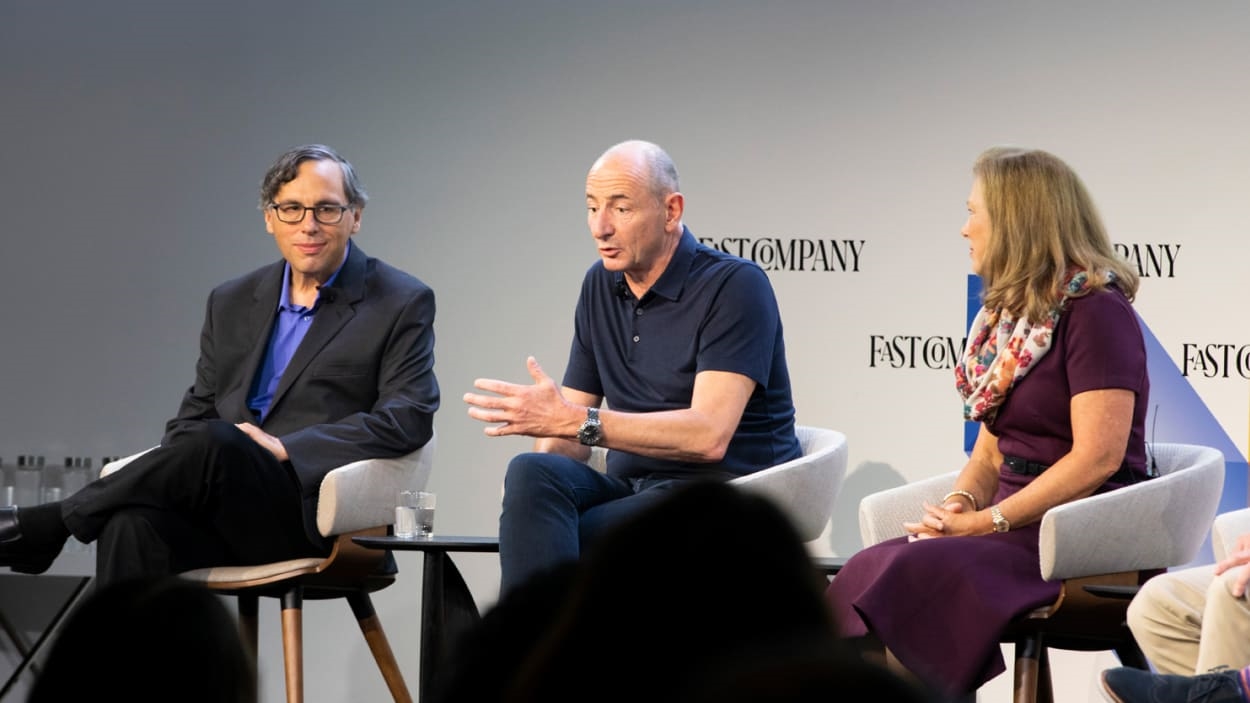
“We are desperately trying to be a startup,” he said during a panel on innovating at scale at the Fast Company Innovation Festival on Wednesday.
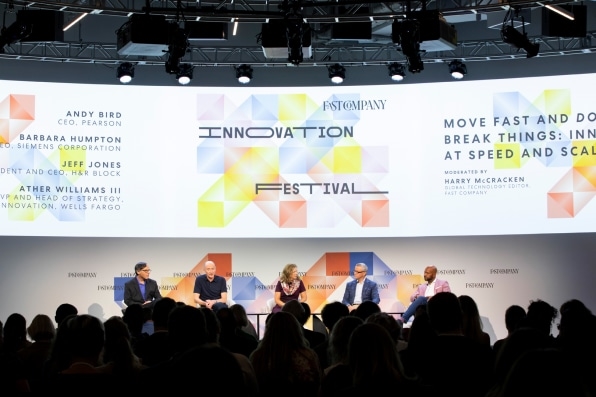
[Photo: Maja Saphir for Fast Company]
Though the sentiment may surprise some, it was shared among all the panel’s participants. Immediately after Bird voiced his stance, Barbara Humpton, president and CEO of Siemens Corporation, chimed in: “You’ve got to be intentional to stay in that day-one mindset,” she said, and need to “fall in love with your customer’s problem, not with your own technology.”

Humpton and Bird were joined onstage by Jeff Jones, president and CEO of H&R Block, and Ather Williams III, Wells Fargo’s senior executive VP and head of digital strategy, for a 45-minute conversation about the difficulty—and importance—of pushing innovation within larger organizations. (H&R Block was the youngest company on stage, at a sprightly 67 years old.)
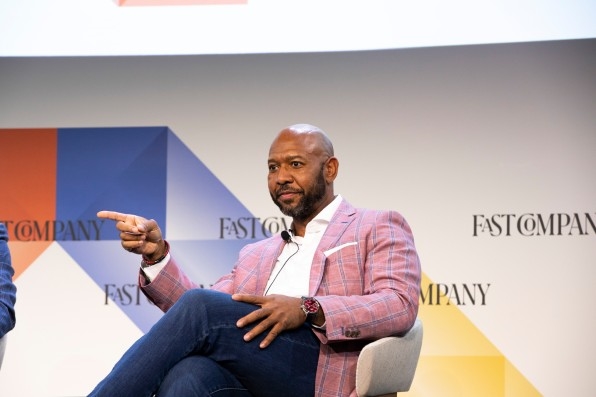
That innovation manifests in different forms at each of their companies. For Wells Fargo, for example, it’s meant changing direction to better prioritize mobile development. “Our strategy has shifted from having the biggest branch network of all the large banks to being mobile-first,” said Williams. At H&R Block, it was the organization itself that needed rethinking. “We broke the economic model of the company by telling our investors that we were going to make dramatically less money and completely reset the financial envelope of the company. And the reason why we’re going to do that is because we have a crisis of relevance, and we’re rebuilding the company for the next generation,” Jones said. While that conversation might have elicited some nervous laughs, Jones said it ultimately enabled the company to shift employees to a remote-work format during the pandemic. “Had we not done that, we wouldn’t be having the success we’re having now,” he added.
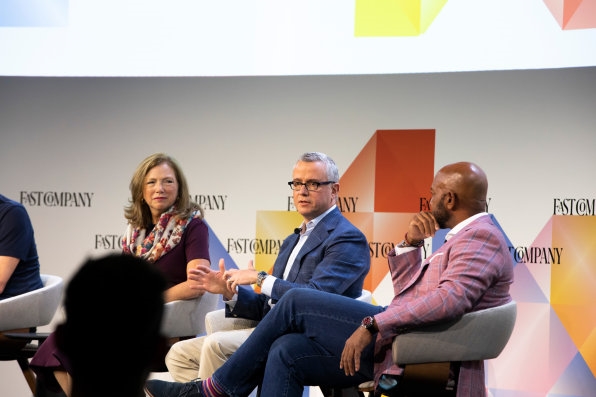
But creating a culture that values unconventionality can be difficult for companies of their size, when everything from regulations and client sensitivities to brand equity can create layers and layers of red tape. When, for example, Jones took over at H&R Block in 2017, he found a company that was overly cautious, even flattened. “We’ve had to go back after the fact and think about, how do we teach people decision-making,” he said. “It actually paralyzed us before; we’ve now tried to course correct.”
Of course, not everyone is going to get on board with change. And for addressing any naysayers within the office, the consensus was clear: “It’s important to have clarity of strategy and vision and . . . to give people the forum to disagree. All that stuff is super important,” said Jones. “But eventually if someone still disagrees, if they’re constantly that person that’s slowing the rest of the team or organization down, [we say] ‘We’d be happy to write you a great reference.’”
(26)
Report Post


